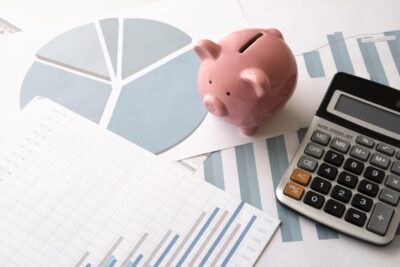Life has a way of surprising us—sometimes with joy, sometimes with challenges. Being financially prepared can make all the difference. One of the most effective ways to plan for unforeseen expenses is by building an emergency fund: a financial cushion that covers 3 to 6 months of essential living costs.
Building this fund takes time, so don’t be discouraged. Start small and focus on consistency—setting aside even a modest amount each month can grow into something meaningful.
🔍What counts as a genuine emergency?
Emergencies can affect anyone—whether you're a working professional, entrepreneur, or student. Here are some examples:
For working adults:
- Loss of employment or income
- Illness, accident, or disability
- Damage to property
- Divorce, separation, or death of a spouse or partner
- Business failure or market conditions that prevent the sale of an asset
- Unexpected expenses that can't be postponed
For students:
- Loss of a bursary, scholarship, or financial aid
- Unexpected travel costs (e.g., family emergency, academic relocation)
- Theft or damage of essential items (e.g., laptop, phone, textbooks)
- Medical emergencies or mental health crises
- Sudden accommodation changes or eviction
- Academic delays that extend study duration and increase costs
- Family financial setbacks that affect tuition or living expenses
The COVID-19 pandemic showed how vulnerable students can be—many lost part-time jobs, had to return home unexpectedly, or faced delays in their studies.
🚫 What happens if you don’t have an emergency fund?
Without access to savings, you may be forced to borrow—using:
- Credit cards
- Personal loans
- Overdraft facilities
- Revolving credit accounts
These options often come with high interest rates and fees, and if not managed carefully, can lead to increased debt and financial stress.
✅ Benefits of having an emergency fund
- Immediate access to funds
- Avoiding costly debt
- Peace of mind during uncertain times
💼 Where should you keep your emergency savings?
Your emergency fund should be highly liquid and low risk, such as:
- A bank savings account
- A money market fund
- An access bond facility (e.g., additional saving on your mortgage to reduce interest)
- A goal-based savings account with flexible access (I personally prefer this—it offers better interest rates and allows immediate access, though I earn more if I give a few days’ notice)
🛡️ Final tip:
Choose a financial institution that is an authorized financial services provider, and make sure your emergency fund is separate from your day-to-day spending.
